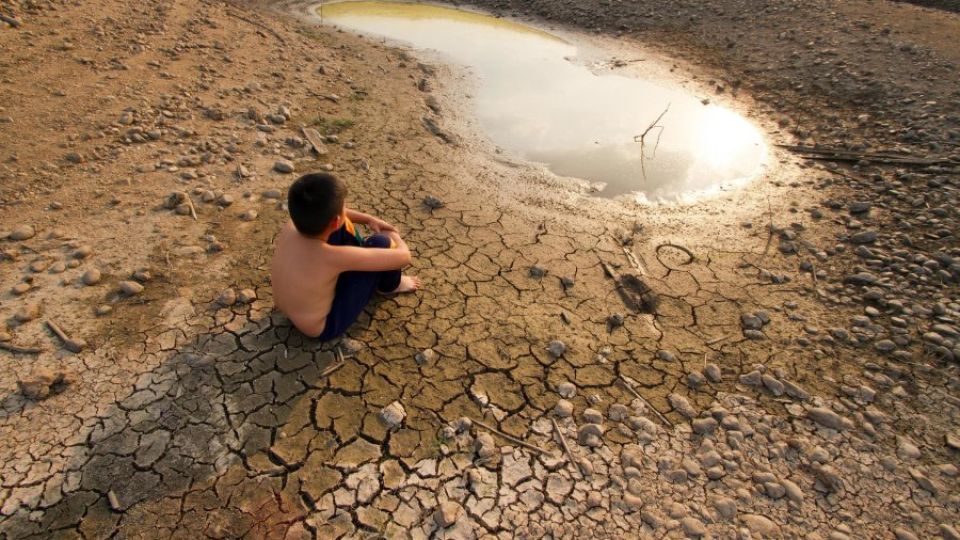April 19, 2023
ISLAMABAD – WITH the Copenhagen Climate Ministerial and the release of the IPCC Synthesis Report (AR6), the stage is set for negotiations at COP28. The first major climate summit of the year, hosted by Denmark and the Egyptian COP27 and UAE COP28 presidencies in March, has set the ball rolling for discussions on key issues linked to finance, loss and damage and mitigation and the interplay with the Global Stocktake (GST) that will culminate at COP28 in Dubai.
The period between now and then and how this time is used to steer the process will determine the outcome in December. The key messages from the AR6 and how they are leveraged at ministerials and reflected in the GST outcome will play a vital role in identifying the lack of adequate progress made towards delivering the Paris Agreement.
The AR6 provides clear indication for the need to respond with accelerated action. This is the time for defining diplomatic pathways ahead to ensure that COP28 is ready to course correct. The next three years are most likely the last chance for giving meaningful shape to policy for defining emissions and resilience pathways this decade. The COP28 presidency can set out an actionable plan that puts the world on an emergency footing to meet the Paris Agreement goals. It is important that progress is made on negotiating tracks for multilateral action on climate change. These include making the Loss & Damage fund a reality, agreeing on a new Global Goal on Adaptation as a framework for strengthening resilience, driving mitigation ambition and implementation, and scaling up climate finance pre-2025 as well as furthering the process of agreeing to a new post 2025 climate finance goal among others.
As indicated in the report, the fossil fuel phase-out must be the centre piece of any science-based strategy to avoid overshooting 1.5 degrees Celsius. This will require that Nationally Determined Contributions this year align with 1.5°C pathways, and set 2035 targets by COP30 in response to the GST.
The COP28 presidency can set out an actionable plan.
Moving from Sharm El Sheikh to the UAE and beyond will require a quantum leap in political will to address multiple issues. High benchmarks must be set for the oil and gas sector to play a credible role in flipping investment ratios in favour of renewables over fossils, ending investments in new production, and setting net zero transition plans including Scope 3 emissions.
Accountability has remained a clog in the wheel, and left unaddressed will continue to derail the Paris targets. Governments, in response to the GST, can set new measures for government, non-state actors and cooperative initiatives to report progress to the UNFCCC, providing updates by June to fulfil transparency obligations. This is also a good time for G7 countries to share a roadmap on how they plan to fulfil their commitment to double adaptation finance by 2025 and increase it ten-fold by 2030 as part of the GST course-correct response. The modalities for the launch of a fully facilitated Santiago Network on Loss and Damage with the selection of a host secretariat, advisory board and committed funding must be adopted to ensure finance flows from the fund and the ‘wider mosaic of solutions’ at COP28.
Going into the COP, the presidency must caution against engineered carbon dioxide removal such as Bio Energy with Carbon Capture and Storage and Direct Air Carbon Capture and Storage as substitutes for deep emission cuts and risk of delaying phase-out of fossil fuels as reliance on these technologies carries major risks of overshoot in emissions.
As host and president of the upcoming COP, UAE needs to provide more clarity on how they are viewing the final GST outcome, including their vision on a GST declaration, a GST decision, a COP28 cover decision and technical annexes to help set unambiguous expectations.
The Petersburg Dialogue in July can be used to test core elements of GST outcomes and build champion groups ready to share aligned high ambition expectations at the subsidiary bodies. The UN summit can raise the bar on ambition by widening a leader-level champion group to inject momentum into ministerial dialogue from pre-COP to COP28.
And finally, the new World Bank leadership can put evolution on fast track by driving the Common Assessment Framework implementation and a leaders’ agenda to advance elements of the Bridgetown initiative and beyond, while setting up a major Bretton Woods plus 80 moment in 2024 as a landing point for finance system reforms.
The soft limits to some human adaptation and hard limits to ecosystems have been reached. There is increased evidence of maladaptation locking in vulnerability and increasing exposure risks. With sufficient global capital to close the mitigation investment gap, COP28 can be the enabler.
The writer is chief executive of Civil Society Coalition for Climate Change.


